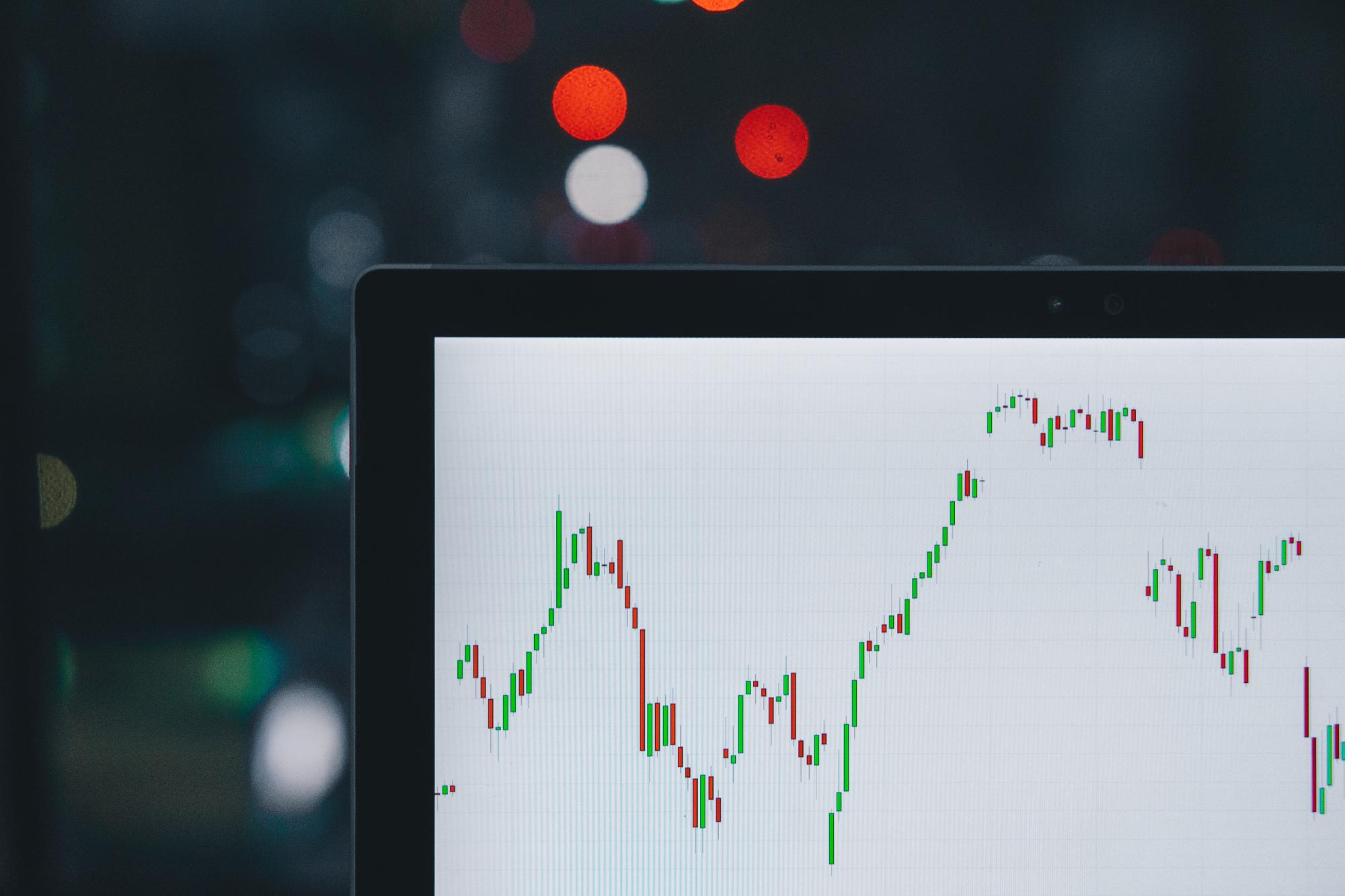Test- FTSE 100 Kicks Off August on a High as BP and Senior Lead Market Momentum
$11
10 Oct 2025, 13:13

Unsplash.com

On Wednesday, the majority of Asian equities traded in a narrow range as mounting worries over an Israel-Hamas conflict spillover reduced risk appetite and mostly offset encouraging news that showed China's economy expanded faster than anticipated.
A potential escalation in the conflict was signalled by the bombardment of a hospital in Gaza, which purportedly resulted in the deaths of hundreds of Palestinians. This was especially true given that the strike forced Egyptian and Palestinian leaders to cancel a meeting with U.S. President Joe Biden.
The action increased worries that the Israel-Hamas conflict would spread to the Middle East. Over the past two weeks, worries about such a scenario have been the biggest drag on Asian stocks.
Data showing China's economy grew faster than anticipated in the third quarter was also largely overshadowed by worries over an escalation in the Middle East.
According to official statistics, China's gross domestic product increased by 4.9% in the three months ending September 30. This was higher than the predicted growth rate of 4.4%. However, it was lower than the 6.3% rise recorded in the previous quarter.
Even still, quarter-to-quarter GDP growth advanced more than anticipated, suggesting that the government's numerous monetary stimulus measures were having some success.
The U.S. putting additional restrictions on China's imports of critical artificial intelligence chip production also hurt Chinese technology equities.
Chinese stocks have had some of the worst performances in Asia this year as a result of the post-COVID economic recovery not materialising as predicted. Investors have been leery of the nation due to worries over a collapse of the real estate industry.
Stronger-than-anticipated U.S. retail sales figures increased worries about rising interest rates and persistent inflation in the West. The report also arrived soon before Jerome Powell, the chair of the Federal Reserve, gave a speech on Thursday, which had regional markets on edge in anticipation.
(Sources: investing.com, reuters.com)